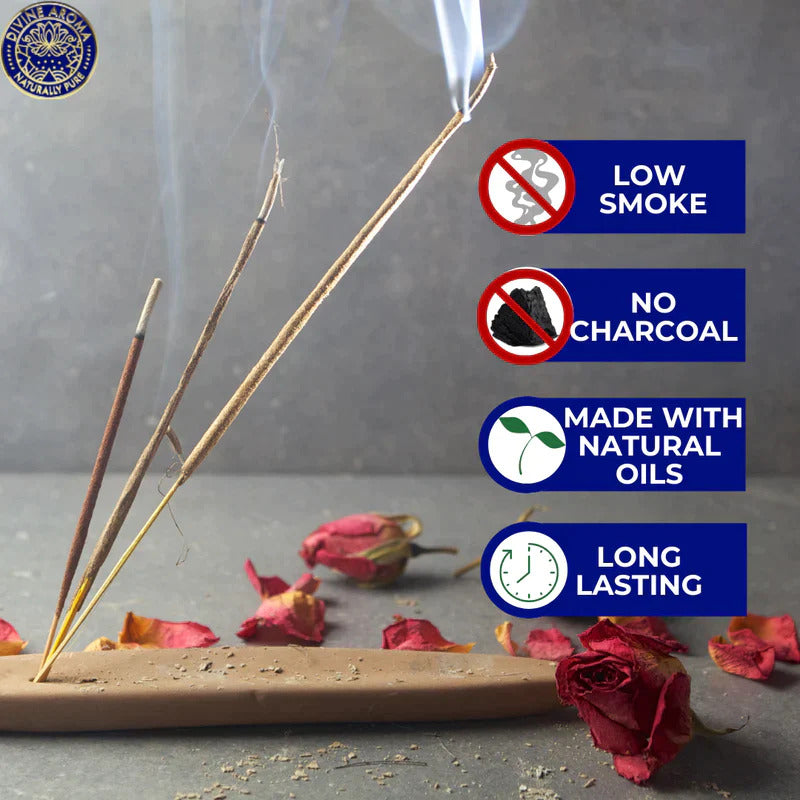Introduction
Bad breath, or halitosis, is a problem that can affect anyone, at any age. It is caused by the presence of bacteria in the mouth, which produce volatile sulfur compounds (VSCs). These compounds are responsible for the unpleasant odor of bad breath, which can be perceived by oneself or by others. Bad breath can have negative consequences on the quality of life of a person, but it can also be a sign of a more serious health problem. It is therefore important to know the causes, effects and solutions of bad breath.

Causes
Bad breath can be caused by a variety of factors, including:
-
Poor oral hygiene : dental plaque, a sticky film of bacteria that forms on the teeth, is the main cause of bad breath. If dental plaque is not removed by brushing and flossing, it can harden and form tartar, which is even harder to remove. Tartar can harbor bacteria that produce VSCs. In addition, food debris that accumulates between the teeth and on the tongue can also promote the growth of bacteria and bad breath.

-
Dry mouth : saliva helps to remove bacteria from the mouth, to neutralize acids and to lubricate the mucous membranes. If the mouth is dry, bacteria can proliferate and produce VSCs. Dry mouth can be caused by a variety of factors, including taking certain medications, smoking, stress, aging, mouth breathing, snoring and fasting.
-
Digestive problems : digestive problems, such as gastroesophageal reflux (GERD), can cause acid reflux from the stomach into the mouth. These acids can irritate the oral mucosa and promote the growth of bacteria. GERD can be caused by a hiatal hernia, obesity, pregnancy, a diet that is too rich or spicy, or the consumption of certain foods such as chocolate, mint, coffee or alcohol.
-
Certain diseases : certain diseases, such as diabetes, kidney failure and liver diseases, can cause bad breath. Diabetes can cause ketoacidosis, an accumulation of ketone bodies in the blood, which emit a fruity odor. Kidney failure can cause uremia, an accumulation of urea in the blood, which emits an ammonia-like odor. Liver diseases can cause hepatitis, an inflammation of the liver, or cirrhosis, a destruction of the liver, which emit a fishy odor.
Effects
Bad breath can have a negative impact on the social and professional life of a person. It can lead to a decrease in self-esteem, self-confidence and social interactions. Bad breath can also affect the romantic relationship of a person, by reducing their attractiveness and sexual desire. In some cases, bad breath can even cause health problems, such as loss of smell, oral infections, tooth decay, gum diseases, stomach ulcers and mouth cancers.
Solutions
If you suffer from bad breath, there are things you can do to get rid of it. Here are some tips:
-
Improve your oral hygiene : brush your teeth twice a day for two minutes, and floss once a day. Don’t forget to brush your tongue, which can accumulate bacteria and food residues. You can also use a tongue scraper or a tongue brush to clean your tongue. Change your toothbrush every three months, and visit your dentist at least once a year for a check-up and a scaling.
-
Drink plenty of water : water helps to maintain a good hydration and to prevent dry mouth. Water also helps to rinse the mouth and to remove food particles. Drink at least 1.5 liters of water per day, and avoid sugary, carbonated or acidic drinks, which can promote plaque formation and dry mouth.
-
Avoid foods and drinks that can worsen bad breath : foods and drinks with a strong odor, such as garlic, onion, coffee and alcohol, can worsen bad breath. These foods and drinks can be absorbed by the blood and be exhaled by the lungs, which prolongs their effect on the breath. Avoid consuming these foods and drinks before a date or a meeting, or brush your teeth after consuming them.
-
Use an antiseptic mouthwash : an antiseptic mouthwash can help to eliminate bacteria from the mouth, to reduce plaque and to freshen the breath. Choose a mouthwash without alcohol, which can dry the mouth, and use it after brushing your teeth, following the dosage indicated on the package. You can also use natural solutions, such as lemon juice, apple cider vinegar, baking soda or peppermint essential oil, which have antibacterial and deodorizing properties.
-
Consult a dentist or a doctor : if you have tried the tips above and your bad breath persists, it is important to consult a dentist or a doctor. They can help you to identify the cause of your bad breath and to find a suitable treatment. For example, if your bad breath is due to a digestive problem, they can prescribe you medications to reduce the acidity of the stomach or to treat an infection. If your bad breath is due to a disease, they can refer you to a specialist for a medical follow-up.
Conclusion
Bad breath is a problem that can be treated. By following the tips above, you can get rid of bad breath and regain a fresh and healthy breath. You can also improve your breath by adopting a balanced diet, quitting smoking, chewing sugar-free gums or aromatic herbs, and breathing through your nose. Don’t hesitate to ask the opinion of your relatives or your dentist if you have doubts about your breath, and don’t let this problem ruin your life.


